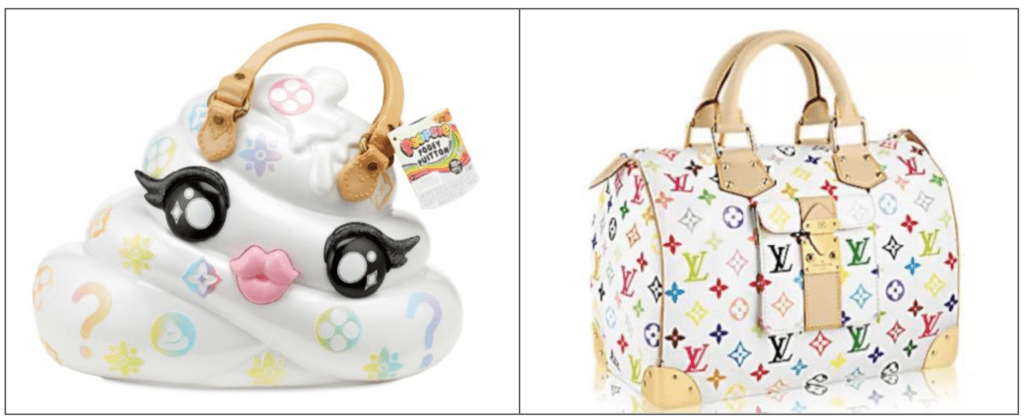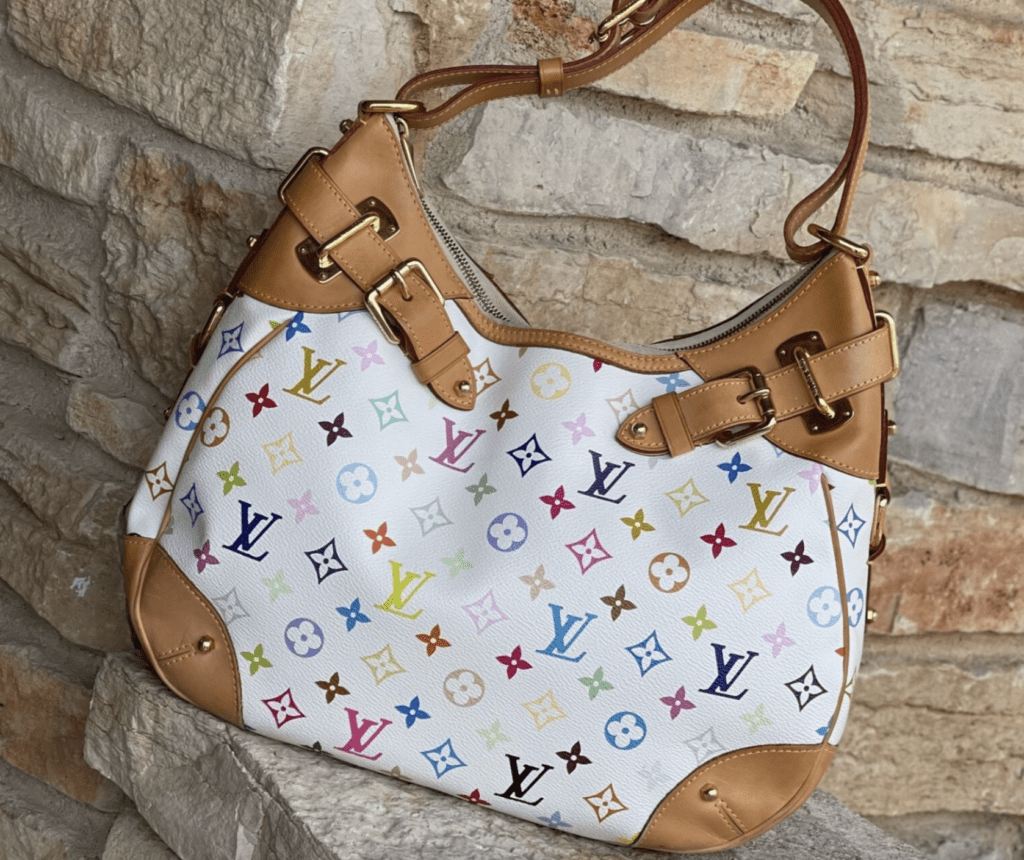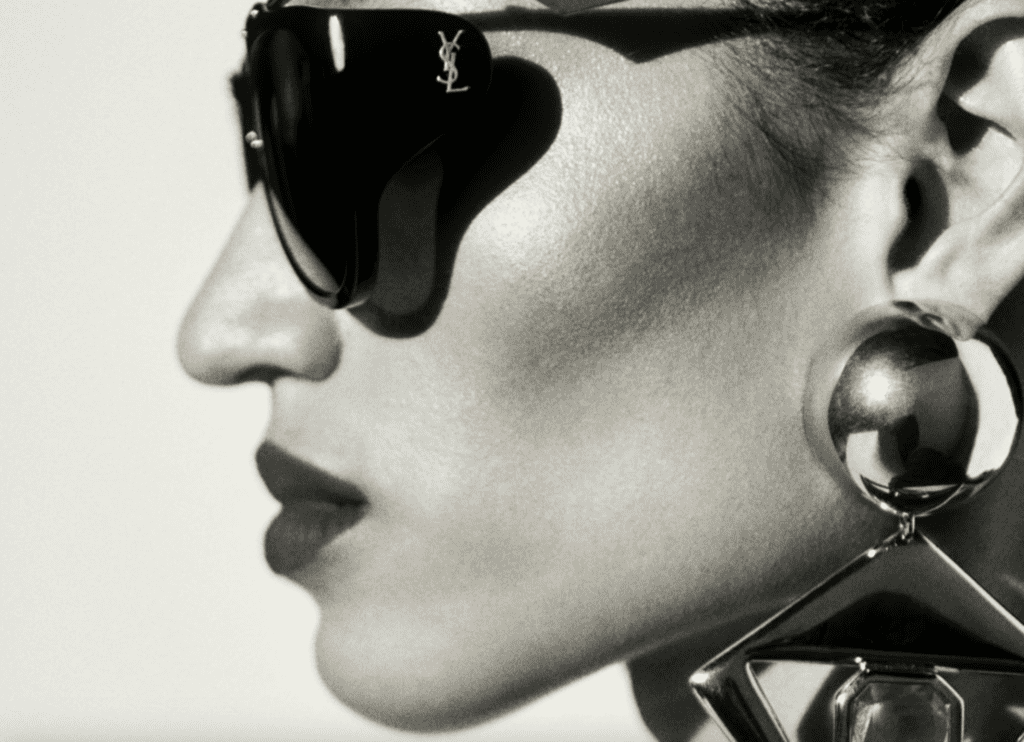Louis Vuitton has landed a win in a long-running trademark case that it filed in France, arguing that a U.S. toymaker exploited its well-known word mark and Multicolore monogram to sell a poop-shaped toy meant to evoke Louis Vuitton’s famed handbags. In a newly published decision, a French court held that MGA Entertainment and a number of its subsidiaries (collectively, “MGA”) infringed Louis Vuitton’s trademark rights, and damaged the “exceptional” reputation of those marks – by way of its Pooey Puitton toy, which not only takes “unfair advantage of the reputation of [the] Louis Vuitton marks” but is “detrimental to the reputation [and] the distinctive character of these [marks].”
In a decision on April 25 decision, the Tribunal of First Instance in France sided with Louis Vuitton, finding that MGA’s sale of the hot-selling toy under the Pooey Puitton name and decorated with a “sequence of alternating floral motifs on a white background” that is meant to mirror Louis Vuitton’s Multicolore monogram trademark is “likely to take undue advantage of the exceptional reputation and very distinctive character” of the Louis Vuitton marks at issue. Specifically, the court held that MGA’s use of similar marks on its toy creates a link between the disputed product and Louis Vuitton’s marks in the minds of the relevant public.
And as a result, MGA’s toy – which was the hottest-selling toy during the 2018 holiday season in the U.S. – takes “undue advantage of the reputation and strongly distinctive nature of the Louis Vuitton marks.”
Takeaways from the French Case
A few key points from the court’s decision are worthy of attention …
> Similarity of the marks: The “Louis Vuitton” and “Pooey Puitton” word marks “present … an important similarity,” the court held. With regard MGA’s use of a pattern that mimics Louis Vuitton’s Multicolore monogram, the court found that the disputed pattern on the Pooey Puitton toy is “far from being a simple ornamental element,” and is sufficiently similar to Louis Vuitton’s monogram mark to enable consumers “to connect the disputed product” to the Louis Vuitton brand when no such connection exists.
The court was not persuaded by MGA’s argument that the “Louis Vuitton” and “Pooey Puitton” word marks are “visually, phonetically, and conceptually different” or that the court should consider the full “Poopsie Pooey Puitton” mark and not merely, the shortened “Pooey Puitton” name. The Tribunal of First Instance also rejected MGA’s claim that the design that appears on its toy is not similar to Louis Vuitton’s monogram since “the element of the intertwined initials LV is not included and the designs adorning the disputed product are very different, so that the distinctive character cannot be reached.”

> The reputation of Louis Vuitton’s marks: The court stated that MGA does not dispute the reputation of Louis Vuitton’s word mark or its Multicolore mark, noting that “the [Louis Vuitton] marks in question … enjoy a significant reputation in the European Union.” The requisite level of reputation throughout the EU is the result of “the systematic use” of the “Louis Vuitton” name and Multicolore monogram to identify products marketed and sold by Louis Vuitton by way of consistent and high-profile advertising, as well as the “commercial success” of products bearing those marks.
While Louis Vuitton’s products are purchased by a relatively “small group of the most affluent customers,” the court held that its marks are still well known among the general public, as the scale and reach of its advertising “far exceed[s] this single group.” As such, the court held that “the marks in question, which are known to the widest public for the products and services [upon which they appear], enjoy a significant reputation in the European Union.”
This level of reputation is significant, as “the greater the distinctive character and reputation of a trademark, the more easily the existence of infringement will be accepted,” the court stated.
> Differences in price and channel: In its defense, MGA argued that in addition to differences between the marks at issue, its $50 toy is too different from Louis Vuitton’s luxury products “to create a link in the mind of the public such as to constitute an attack on [the] renowned [Louis Vuitton] brand.” In particular, MGA pointed to the various differences at play, including the differing nature of the products (noting that Louis Vuitton does not manufacture or market any games or toys for children), the price points, the target audiences, and the distribution methods. Siding with Louis Vuitton, the court held that variations in things like price and distribution channels between Louis Vuitton products and the Pooey Puitton toy are “immaterial.”
“The difference in the sectors, luxury leather goods on the one hand, and mass-market toys on the other, does not prevent the transfer of reputation thus achieved,” according to the court. MGA’s toy “rel[ies] on a nod to the Louis Vuitton brand” and the company’s effort to align itself with Louis Vuitton’s “well-known brand” and corresponding trademarks for its own benefit by targeting “the average consumer of Pooey Puitton products, [who is] reasonably informed and reasonably observant of the … reputation and prestige of the Louis Vuitton brands.” (The court identifies the average consumer here as “primarily, an adult who buys toys.”)
In doing so, MGA has “exploit[ed] [Louis Vuitton’s marks] without financial compensation for the purely commercial purpose of facilitating the sale” of its own products.
> Parody: The court refused to shield MGA from infringement liability on the basis of parody, stating, instead, that it is “clear” that MGA’s use of Louis Vuitton’s trademarks is commercial in nature and “aims to facilitate the sales of the disputed product” for its own benefit. In siding with Louis Vuitton here, the court held that “the parodic intention invoked by MGA is an implicit acknowledgment of the complaint of parasitism made against it, regardless of whether the aim of these acts is mocking, polemical or merely humorous, as is claimed in the present case,” MGA has “plac[ed] itself in the wake of the plaintiff in order to take unfair advantage of the reputation of its trademarks, even if in the form of humor or mockery.”
Ultimately, the court held that MGA’s use of the Louis Vuitton marks “is no more consistent with honest practices in commercial matters: by taking undue advantage of the reputation and strongly distinctive nature of the Louis Vuitton brands, the use of these signs on the disputed product does not could characterize, by definition, a fair commercial practice.”
A Stateside Battle
If the case sounds familiar, that is because the parties clashed in court in the U.S. after MGA lodged a declaratory judgment action. Prompted by the start of the French litigation, MGA filed suit in December 2018, seeking a declaration from a federal court in California that it was not infringing or diluting Louis Vuitton’s mark by way of the Pooey Puitton toy. MGA argued in its complaint that “the use of the Pooey name and product in association with a product line of ‘magical unicorn poop’ is intended to criticize or comment upon the rich and famous, and the Louis Vuitton name, the Louis Vuitton marks, and on their conspicuous consumption.”
The U.S. fight did not last terribly long, with Judge John Walter of the U.S. District Court for Central District of California dismissing the case in its entirely in May 2019 on the basis that Pooey Puitton-maker MGA “failed to allege sufficient facts to establish that an actual controversy exists between” it and Louis Vuitton, and as a result, the court lacked the jurisdiction necessary to hear the case.











